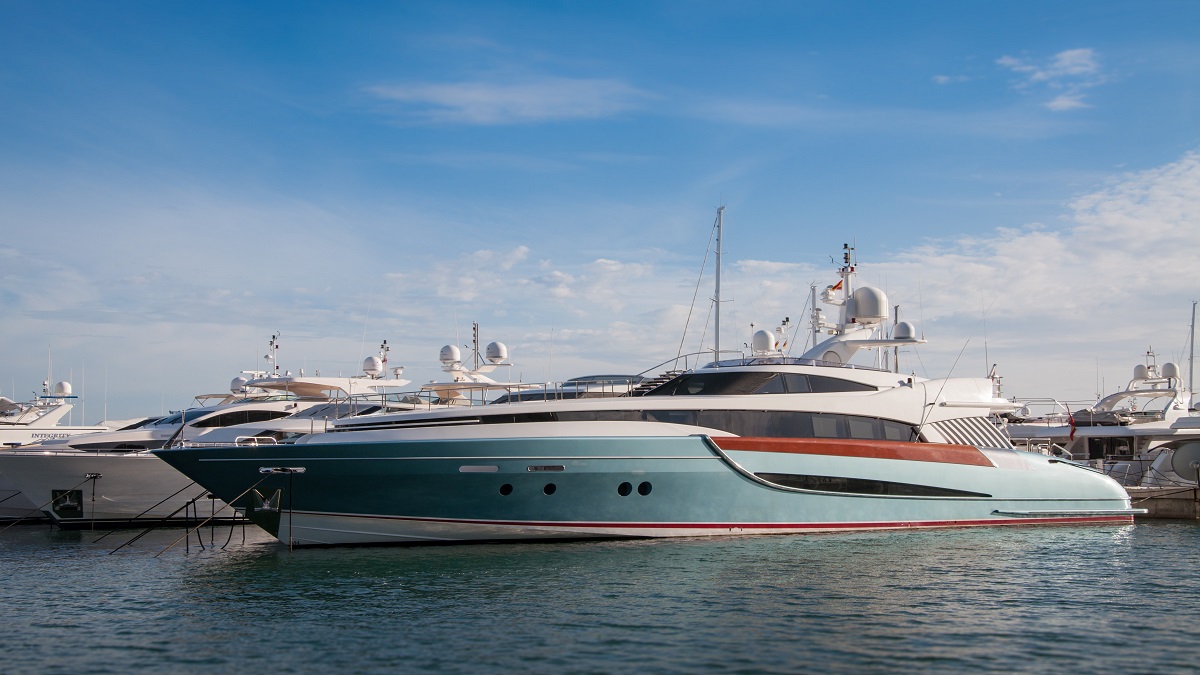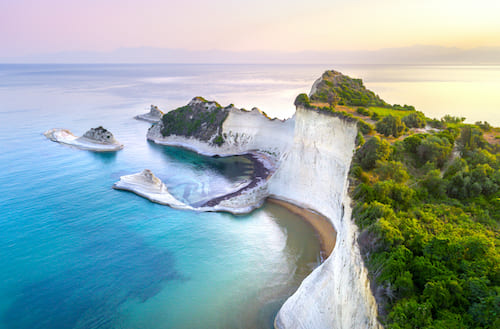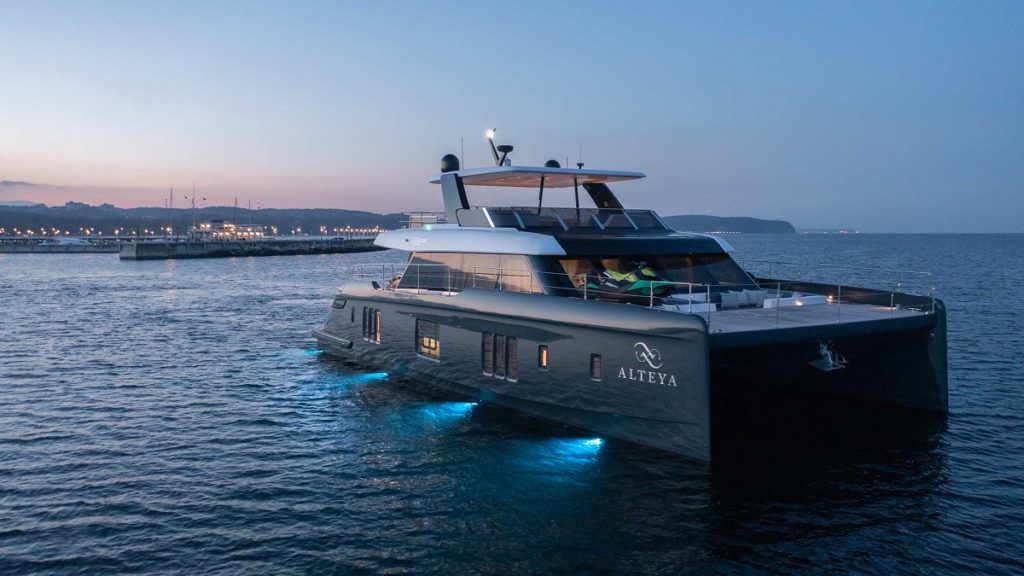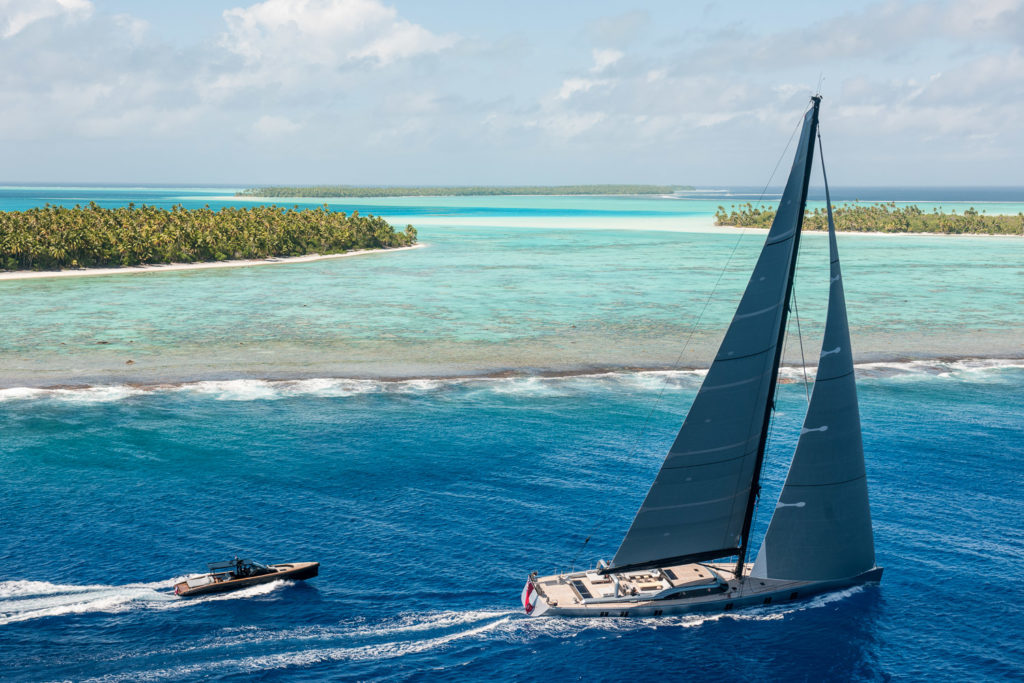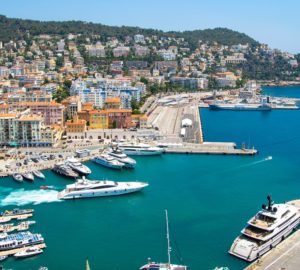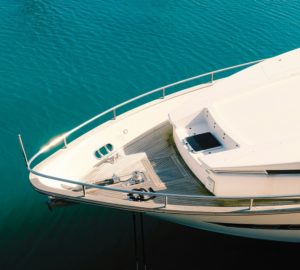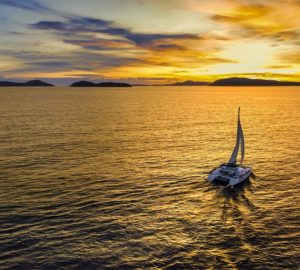Many yacht owners choose to flag their vessels in countries other than where they live. But why do they do that, and what countries do they pick instead of their own? The list of advantages is long – from taxes and financial reasons to ease of crew hiring and easier port clearances.
If you’re thinking about buying a large yacht for personal or business use, you can find some powerful advantages by registering your boat in the right country.
What is the advantage of registering a yacht offshore?
Every country in the world has its own laws, rules, regulations, taxes and fees. Some look at boats and ships as a revenue stream for fees and taxes, and some set themselves up to be very yacht friendly. Some advantages you can find in some countries over others include:
Is foreign registry for you?
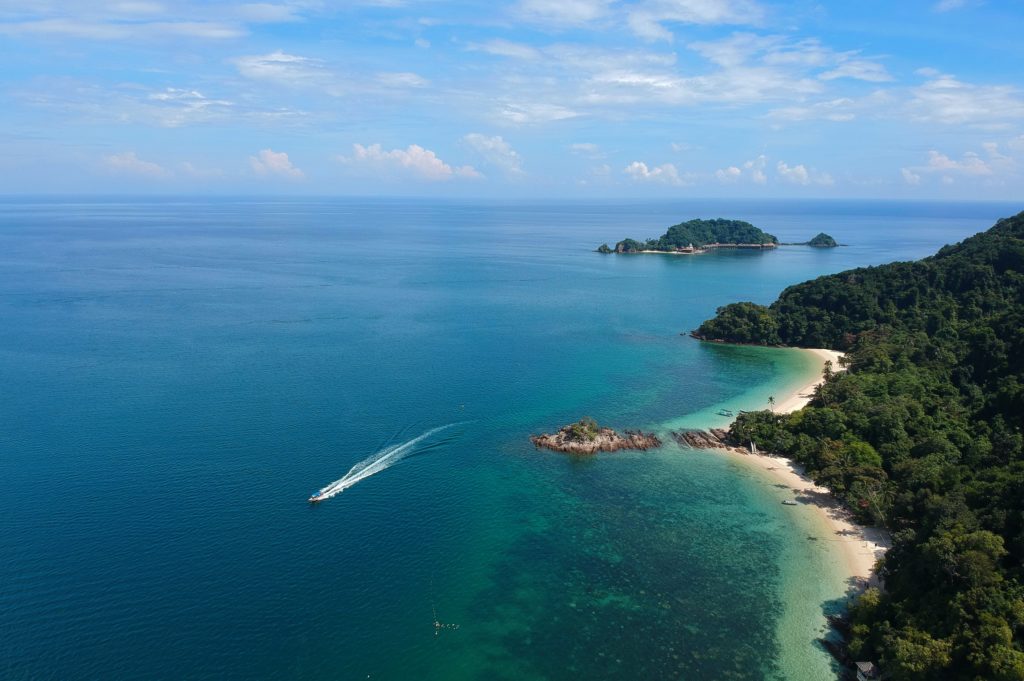
On the surface, flagging in the best country possible seems to make sense for anyone. But it makes little sense for most small, private pleasure craft owners who own and operate their own boats.
The enormous advantages come into play if you do any of the following with your boat:
Most foreign registries require a legal entity in the registration country. This is often a corporation or partnership, if a private citizen can not do it. You’ll have to create the company to own the boat, and often you need a lawyer or an agent for this. Though many popular registry countries have offices in other countries to handle registrations, they’re usually dealing with larger boats and passenger and cargo ships.
For the private boat operator, this adds complexity and expense that rarely pays off. Every time you clear your vessel into a country, your passport won’t match your boat and your name isn’t on the vessel documentation. This may cause confusion or delays.
Before you decide, consult your accountant and attorney to see if it makes sense for you. And they may recommend discussing the topic with a specialist.
What makes a country a good place to flag your vessel?
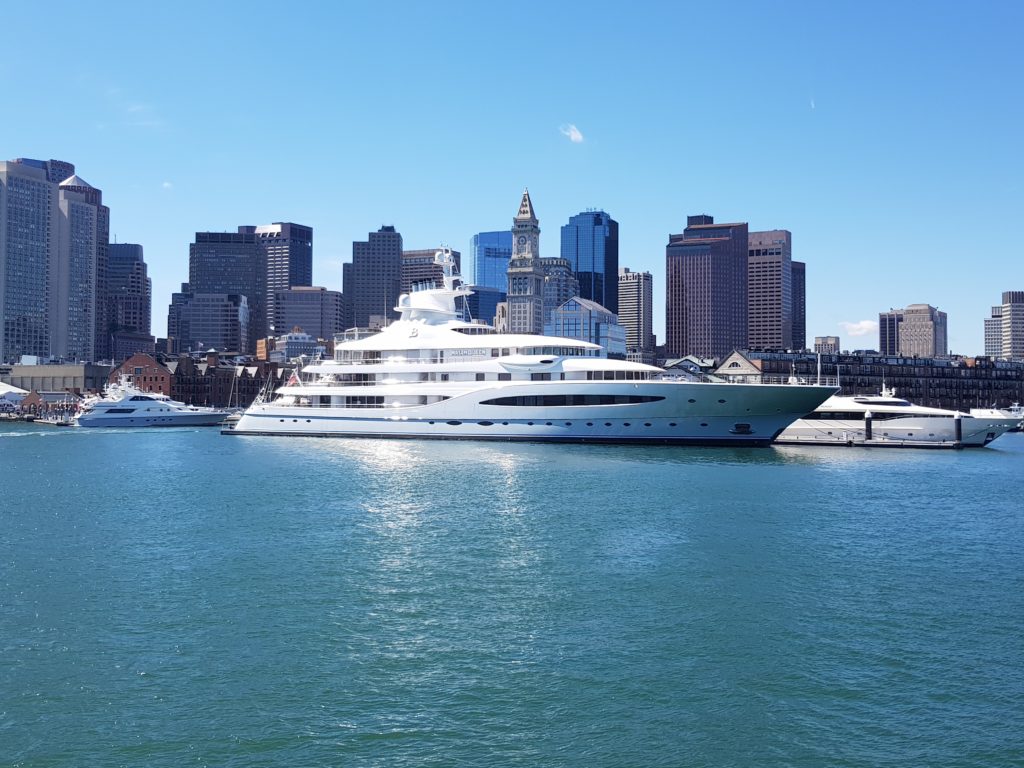
There are a lot of variables that go into choosing a country to register your vessel, and you need to know what works for you and what is most important.
Low Taxes and Fees
Registration fees for large vessels are big, and these offshore registries have relatively inexpensive pricing. This can save substantial money, but the variables of ship size, required legal structures, and inspection and documentation costs make exact figures difficult. Look beyond just the registration fee at any legal entities and agencies you might need.
Taxes are also a prime consideration, whether it’s taxes due on crew payrolls, vessel profits, goods and services purchased for the yacht, or capital gains from selling it. Some owners only use their crewed yachts for a few weeks annually, and charter them for the idle time. The right flag makes an enormous difference for them.
Easy Accessibility
Quick registration turnaround and access to prompt support if there is a problem is crucial. Registries with offices throughout the world can deal with paperwork in your home country or in places you may be visiting.
An internationally compatible system for legal transactions and banking is crucial. Recording mortgages and transferring ownership should be easy.
Paris MoU, IMO and other recognitions
The Paris MoU (Memorandum of Understanding on Port State Control) is an international agreement for the managing port access by ships. It governs safety rules and inspections, and standardizes port procedures across member states. Twenty-seven countries are signatories, and other MoUs around the world cover different regions and countries.
Every vessel has a “Risk Profile” under the MoU. This profile controls inspection rates on arrival at a foreign port. The lower the risk, the fewer inspections are needed. A big part of risk is the country of the flag. It’s best to flag in a low-risk country in good standing with the Paris and other MoUs to avoid frequent inspections.
Membership and participation United Nations International Maritime Organization is another good sign that a country’s flag is well regarded and accepted globally.
Red Ensign Group
The Red Ensign group is a list of national registries which fall under the United Kingdom. By flying the red ensign from one of these countries, your vessel has most of the rights and privileges of vessels in the U.K. merchant fleet. This can include additional help with port inspections and detentions, consular support, and even protection by the Royal Navy.
Port Access
Not every country gets along with every other country, and some countries don’t have the best global reputation. If you pick the wrong country, you may find your boat unable to visit some ports in the world. It’s best to pick a flag country with no current international restrictions.
The British Virgin Islands: a very popular offshore flag in the Caribbean
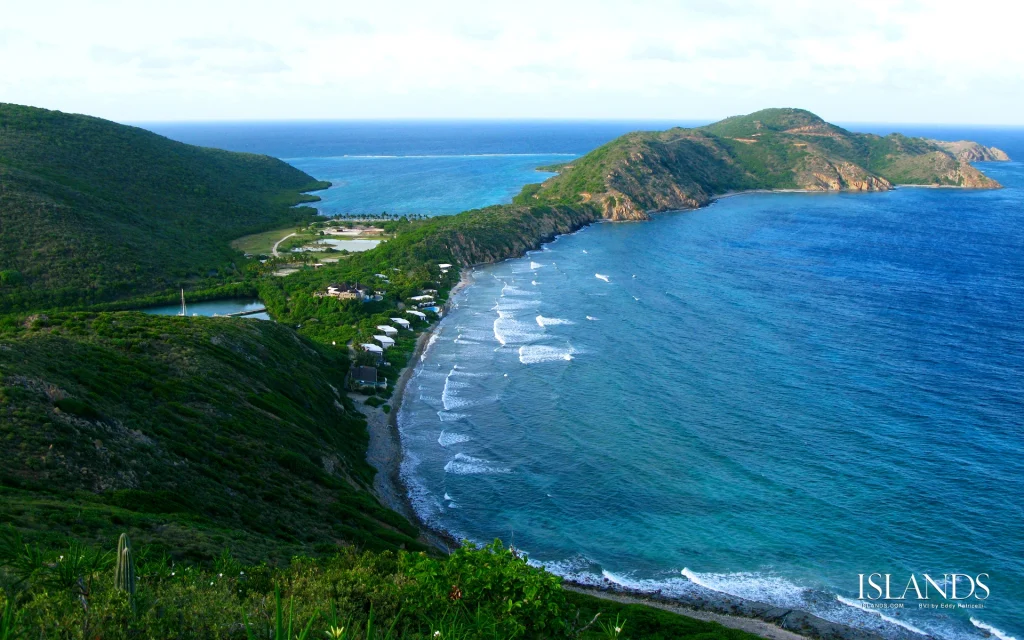
If you’re buying a charter boat in the British Virgin Islands, a BVI registration may make the most sense for you. It’s a stable, tax-neutral country with no corporate income tax, no VAT on yacht purchases, no restrictions on any port worldwide, and it’s part of the Red Ensign Group.
You will need to register a company in the BVIs to own the boat, and registration can take several months, so it’s not the fasted registry and requires planning.
Fees for Yachts
Pleasure, Under 24 meters:
New registration: $600.00, Annual fees: $100.00
Pleasure, 24 meters and above:
New registration: $750.00, Annual fees: $300.00
Commercial, under 24 meters:
New registration: $750.00, Annual fees: $250.00
Commercial, under 500 GT:
New registrations: $750.00, Annual fees: $300.00
Read also:BVI Yacht Registration: Should You Do it? Pros and Cons
The Cayman Islands: good tax laws and privacy
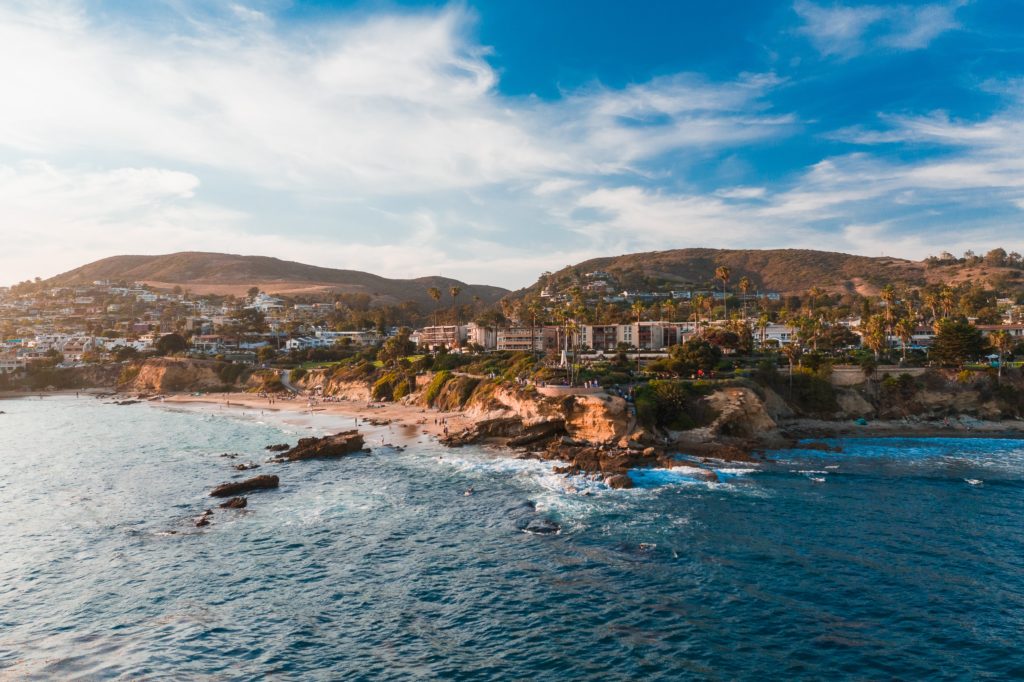
The Cayman Islands is another Red Ensign Group country with favorable tax laws. There are also no limits on the country of origin for the crew and captain, though proof of qualifications for the vessel’s master is required. Pleasure craft under the Cayman Islands flag can cruise the U.S. with minimal hassles.
You may qualify for direct registry without a corporation if you’re from a list of qualified countries, though you will need a local agent in the Caymans.
Registry offices in fifteen countries turn around registrations quickly, and your vessel can have a registration almost immediately if you pay to expedite it. Vessels under construction may be registered, then converted to a full registration while covered by local tax laws through the construction.
The base registration fee is about $700 USD, with annual fees for private yachts of $500, so it is more expensive than some.
Read also: Buying a Yacht : The Frequently Asked Question
The Seychelles: tax-friendly with quick registration
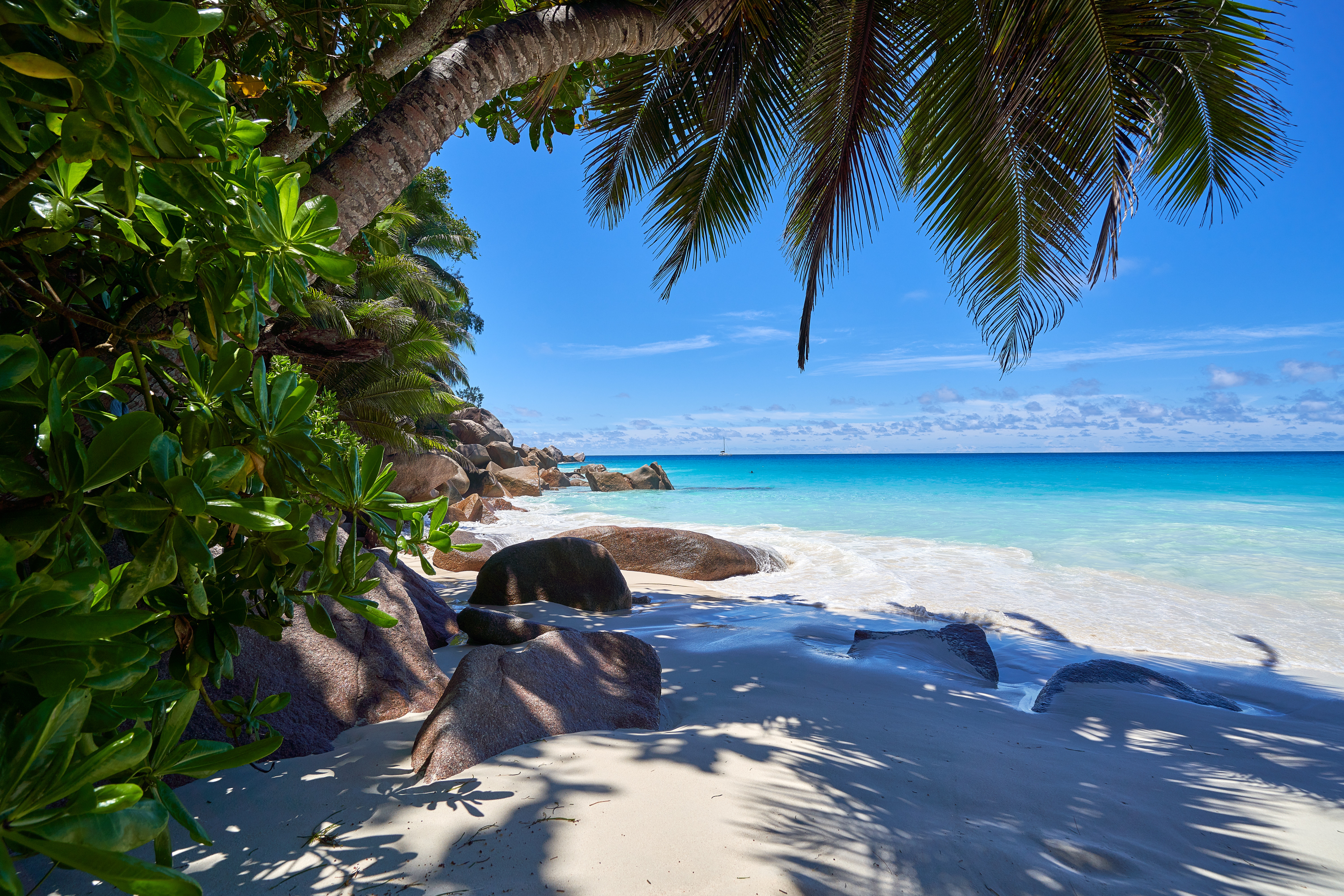
Though you will need an IBC (International Business Company) legal entity for Seychelles registration, it’s a tax-friendly registration country. There are no taxes on the sale or operation of yachts, including on salaries of employed crew operating internationally. Ownership can be 100% foreign and private.
An initial 90 day provisional registry is quick to get. Then a permanent registration is available at no extra charge. Registration for limited chartering is available, and vessels have no troubles visiting other countries.
The vessel age limit is fifteen years, and a survey may be required for older vessels. It may not be the most suitable registry for historic vessels.
Read also: SEYCHELLES VS. CARIBBEAN: WHICH OPTION IS GOOD FOR YOU?
The Netherlands: an overlooked European flag with efficient registry
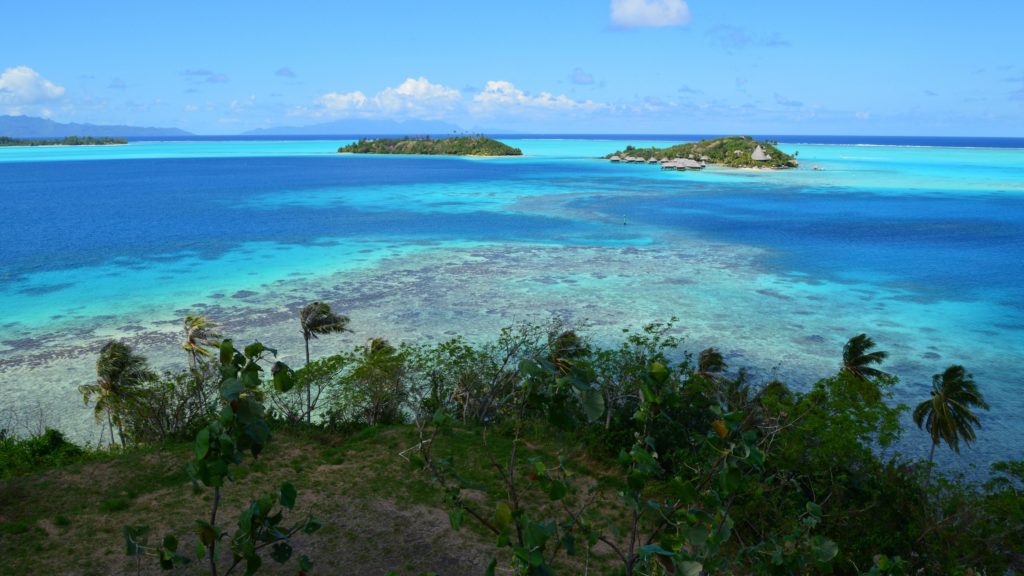
The Netherlands has one of the most streamlined registration process in the EU. It’s also among the least expensive, and they can register your vessel in three days. Other EU countries may take weeks or months. This is easiest for residents of the Netherlands, Norway, or Switzerland, but is also easy for anyone with an EU based corporation. There is no nationality requirement.
The Global Netherlands registration gives full access to all waters, requires minimal paperwork, and taxation, and there’s no inspection requirement. A light registration with access only to EU waters is even quick to get and costs less.
Registration fees start at €399 for Dutch and EU citizens, and €648 for non-EU citizens.
Malta: a popular yacht registration in the Mediterranean
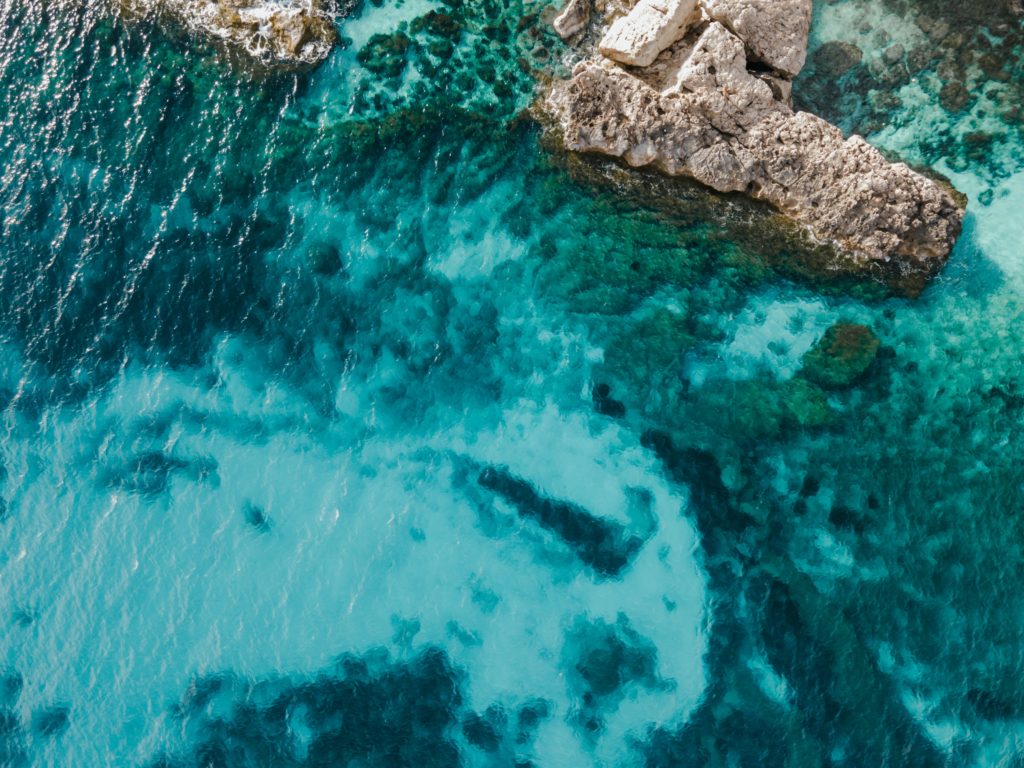
Malta is one of the most popular registries in the world. It’s part of the EU and registry shares those benefits, but it also has a quick turnaround and a simplified application process. EU, EEA, and Swiss citizens can directly register their boats. All other nationalities need a foreign or Maltese corporation.
The VAT in Malta is lower than most of Europe, and income from shipping activities is tax free. There are no limitations on the nationality of crew members. The Maltese flag is whitelisted with the Paris MoU.
Yachts over ten years old must be inspected within a month of provisional registration, and boats over fifteen years old must be inspected prior to registration.
Registration Fees
Pleasure yachts under 24 meters and 50 gross tons (new/annual): €115/€200
Pleasure yachts over 24 meters (new/annual): €.25 per ton, minimum €187.050/€.40 per ton, €400 minimum
Read also: CAN OWNING A YACHT TO CHARTER (REALLY) BE PROFITABLE?
Cyprus: a great yacht registration country and upcoming destination

Not only is Cyprus a delightful place to cruise, it’s becoming one of the better places to flag your yacht. Registration exempts boats from income taxes in international waters, crew taxes outside Cyprus, and taxes on dividends from the ownership company.
Cyprus is white listed with the Paris MoU and is a low-risk flag globally. Individuals with Cyprus, EU, or EEA citizenship, or a Cypress corporation may register boats. Foreign corporations can also register yachts, but they must have a controlling interest by Cypriot, EU or EEA nationals.
If you’re planning to charter your boat, different registration options make this easy.
Annual registration fees start at €300.
Gibraltar: a European jurisdiction with advantages
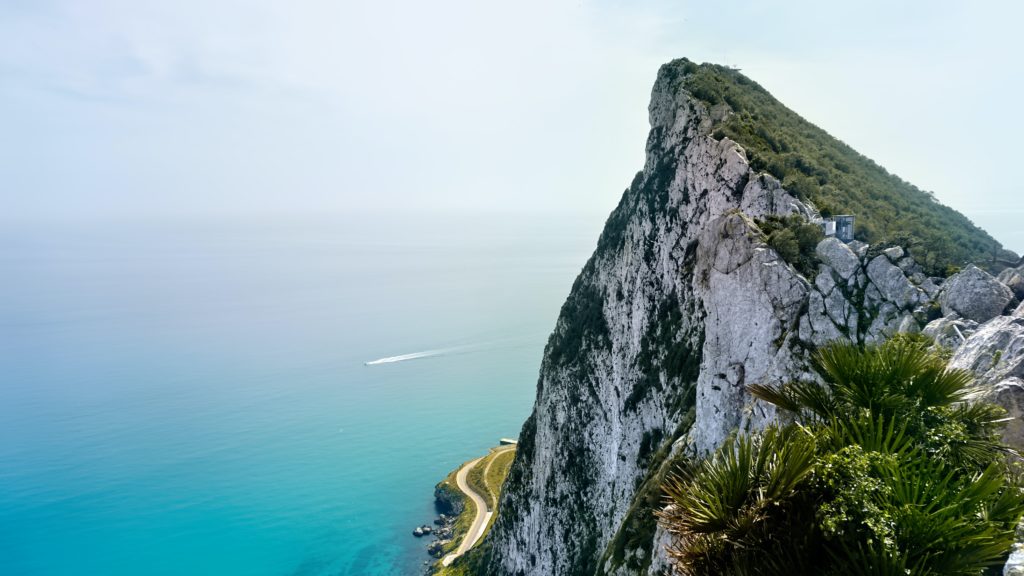
Gibraltar is another tax-friendly registrar, with no VAT charges, taxes on sales of vessels, or importation charges. It’s also part of the Red Ensign Group, but under European jurisdiction without the EU tariff rules.
Registration costs start at €225 for pleasure yachts under 24m, and €400 for yachts over 24m. Other documentation and registration fees may apply for the first time.
Liberia: a well managed registry with affordable tax structures
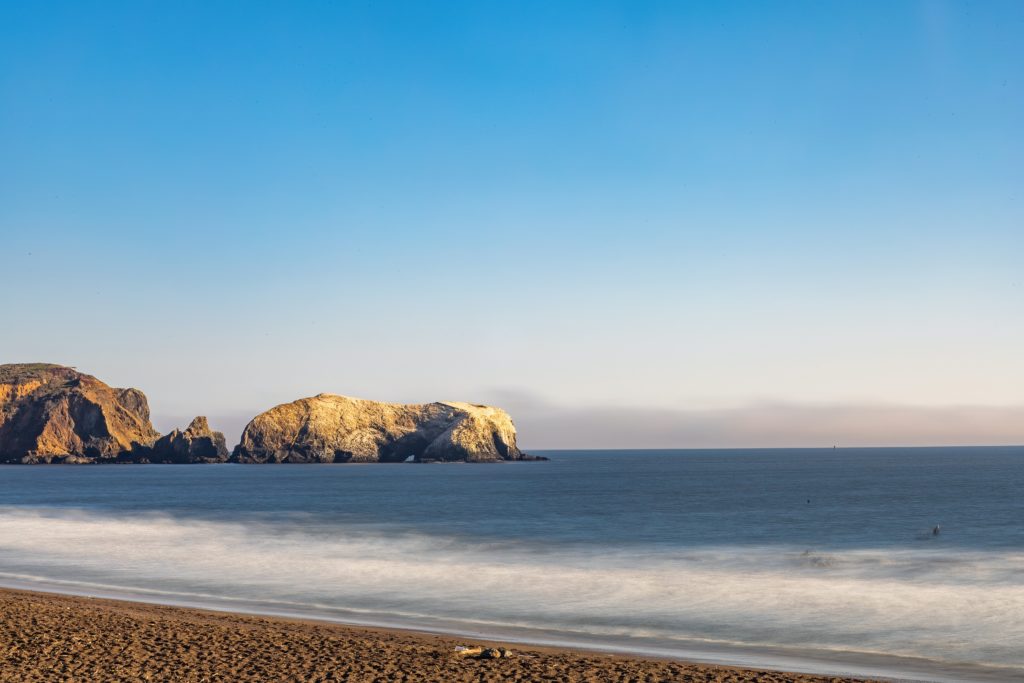
A U.S. owned and operated company handles from U.S. the yacht registration in Liberia. It also maintains offices around the world with 24 hour support and a sizeable force of inspectors. It is one of the most popular registries for commercial shipping, and is known for efficiency and capability.
Taxation is low and flat-rate based on tonnage, and treaties prevent double taxation with most countries. There are no nationality restrictions on crews and captains, though they must be qualified. It’s whitelisted on the Paris MoU, Tokyo MoU, and the IMO. The flag is low risk and accepted in most countries.
Vessels must be less than twenty years old. And the owner must be a Liberian entity or a company qualified as a Foreign Maritime Entity in Liberia. The registry can help establish this.
Registration for smaller vessels starts at $2,500. Annual tonnage fees are based on a minimum of 2,200 tons,
Read also: RENT TO OWN YACHTS: SHOULD YOU DO IT? BOAT LEASING EXPLAINED
Delaware, USA: the popular state to register a yacht corporation.

Delaware is not actually a popular state for boat registration. But it is the most popular state in the U.S. for registering companies. If you own your boat with a company and flag it in the United States, Delaware. Incorporation is quick, easy, and inexpensive. And the state offers good taxation and legal benefits to companies.
U.S. state registration is separate from U.S. documentation and flagging and is not needed for international travel if a vessel spends no time in the state waters. Delaware collects sales tax on registration, so this can be costly. But there is no annual property tax on locally registered boats.
Vessels flagged in the U.S. are welcome in almost every port in the world, but there is no special federal tax treatment. Your boat will be subject to U.S. specific laws for crew hiring, taxation, inspections, and other regulations that many flag elsewhere to avoid.
Marshall Islands: a great offshore jurisdiction for yacht owners
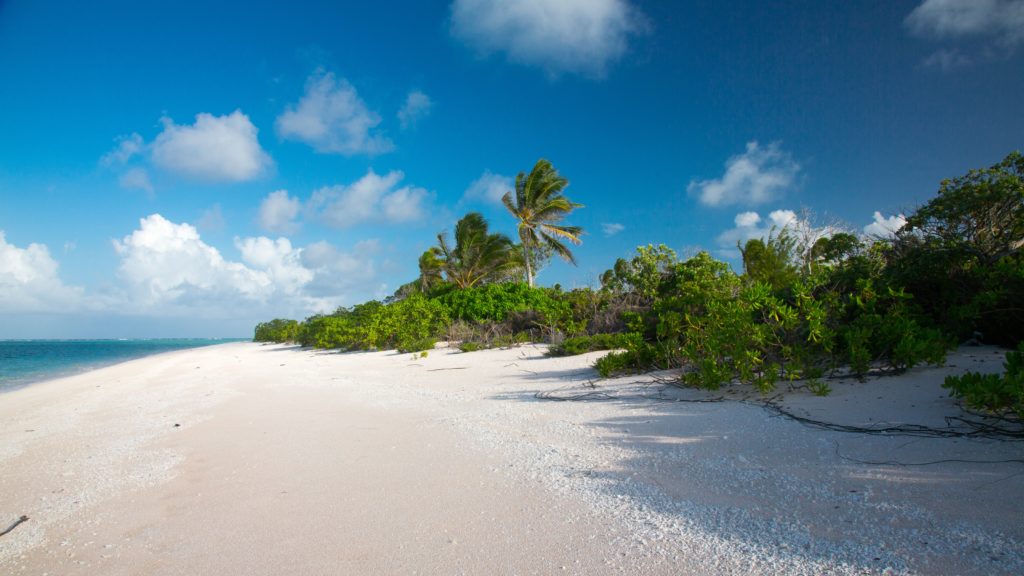
Like the Liberian Registry, the Republic of the Marshall Islands (RMI) handles registry through a U.S. based corporation International Registries. They have offices around the world. Yachts must be owned by an RMI legal entity or a qualified foreign maritime entity. Registration for a “Dual Use” private yacht allows for up to 84 days of charter per year.
The Marshall Islands registry is low tax, meets the low-risk criteria for the Paris MoU, Tokyo MoU, and is on the U.S. Coast Guard’s Qualship21 registry. The RMI has a Compact of Free Association with the United States, which is similar in benefit to the Red Ensign Fleet in terms of protections and help offered by the U.S. diplomatic and military services.
Registry costs for private yachts under 24 meters (79 feet) start at $1,600, including an annual $750 tonnage tax. The minimum registration length is 12 meters (39 feet).
Read also: IS BUYING A BOAT A BAD IDEA?

